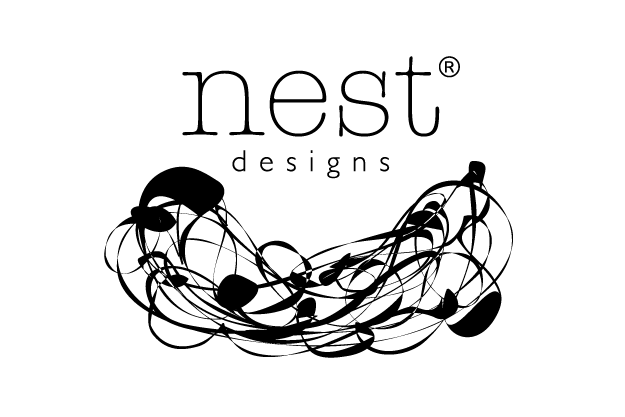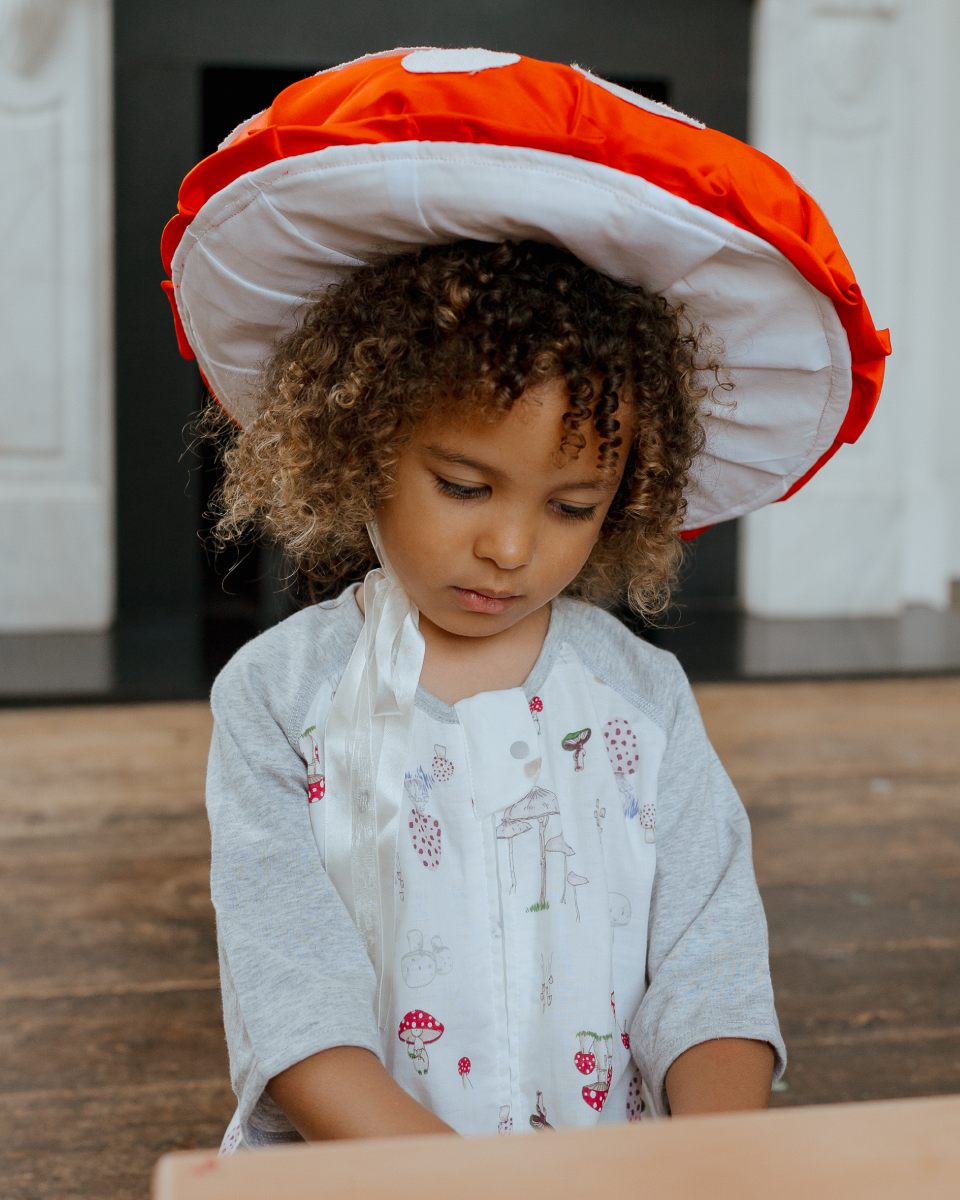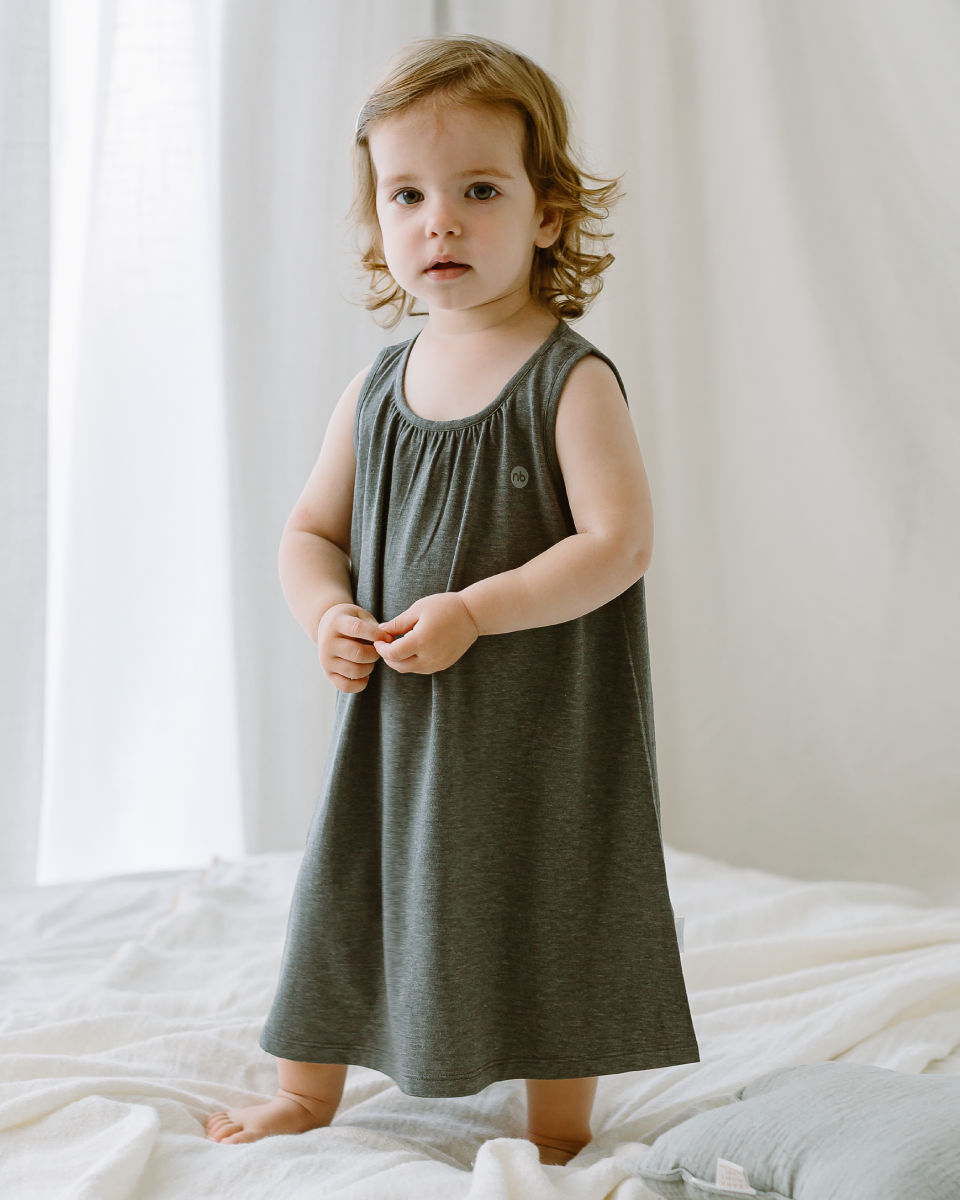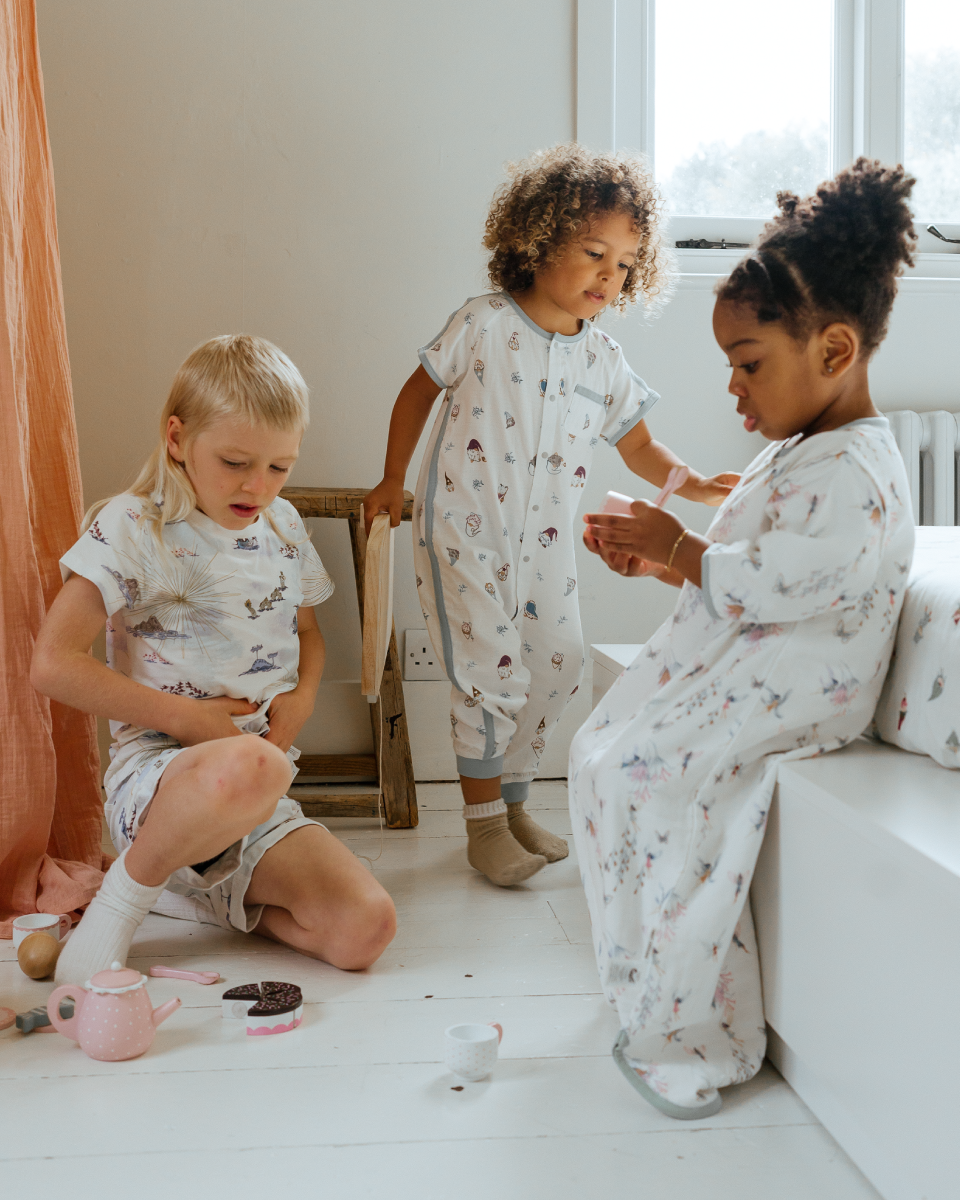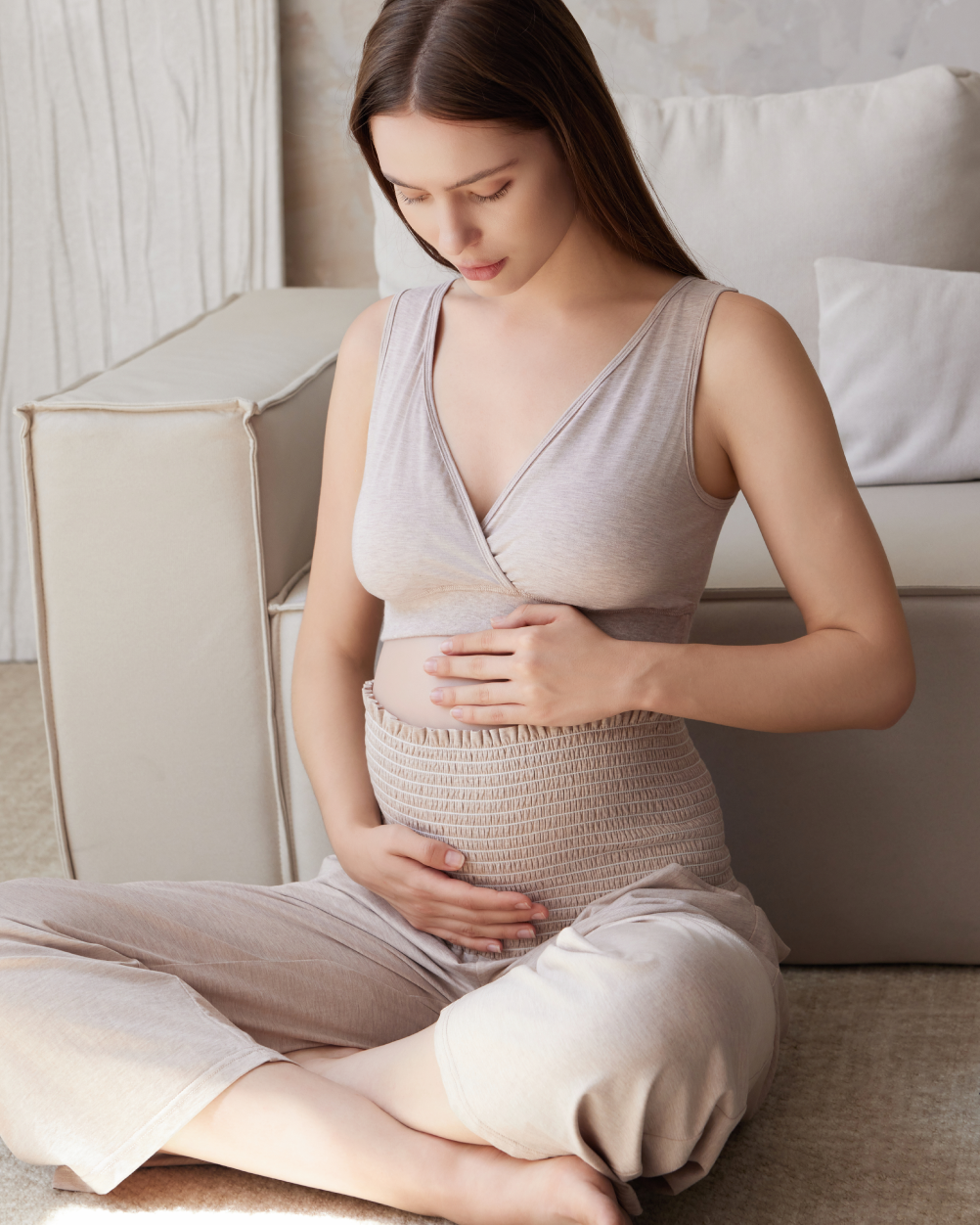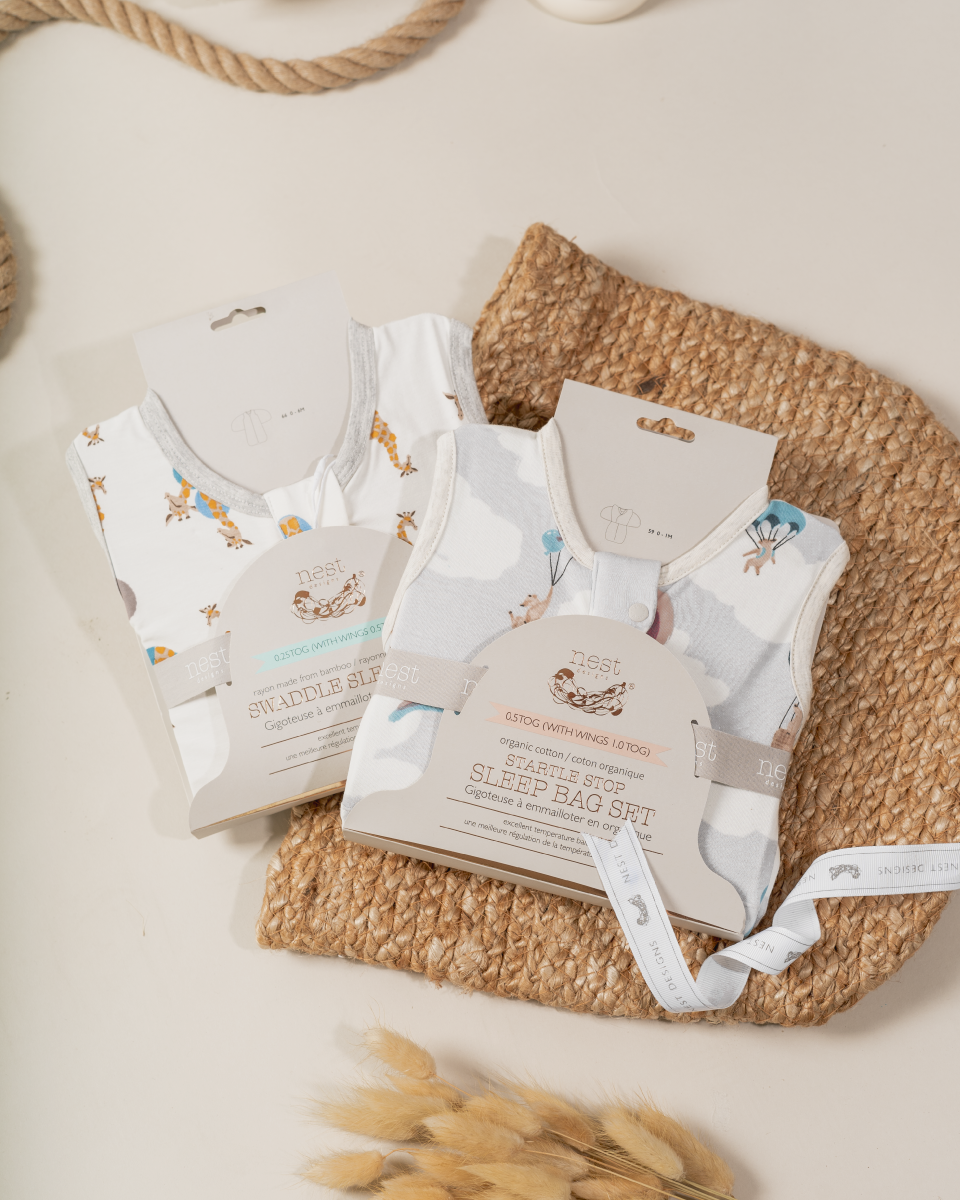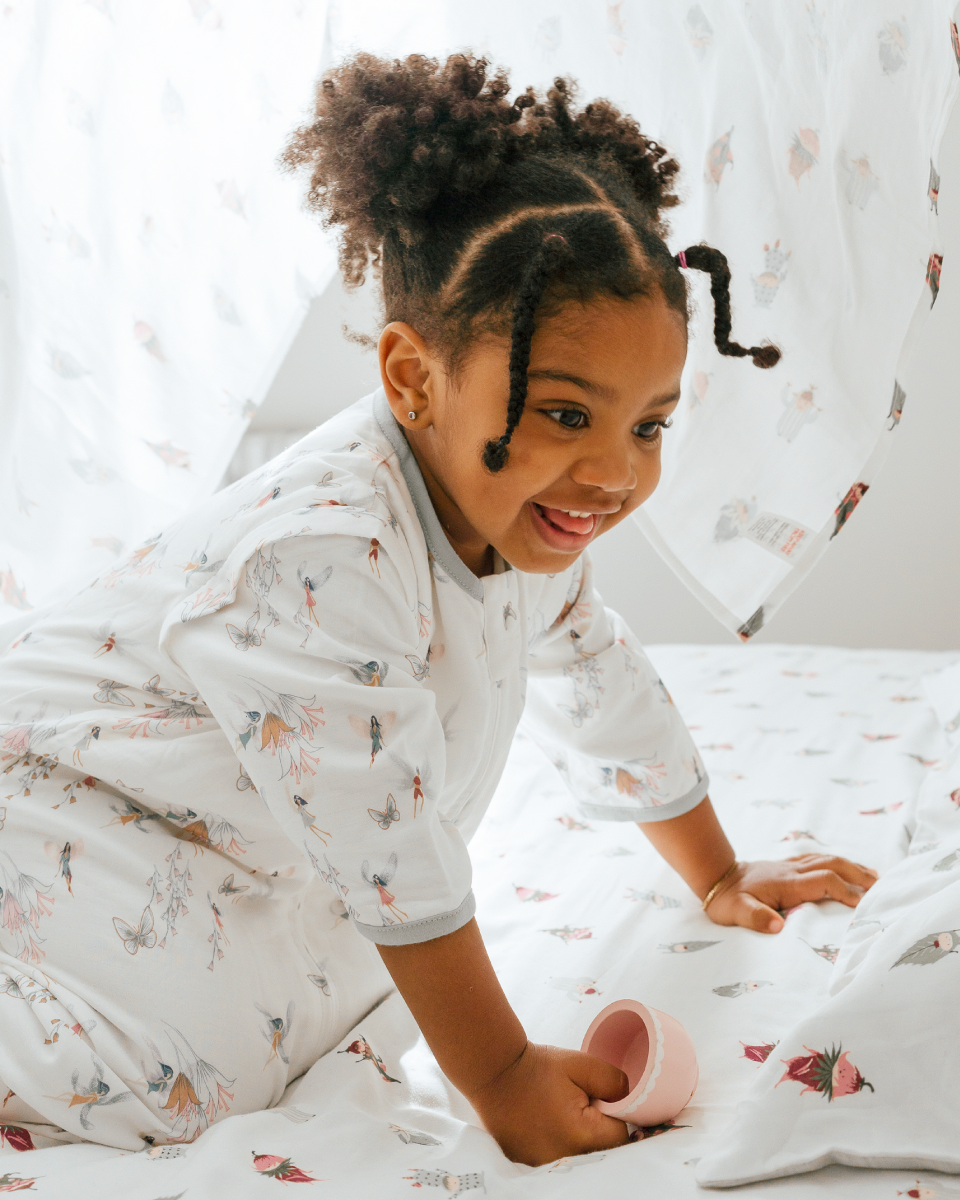
Starting solids is an exciting milestone for you and your bubs. The WHO (World Health Organization) recommends starting solids when your bubs is at least 6 months of age. Some of that they’re ready to start solids include:
- They can sit with minimal support
- They no longer have their tongue-thrust reflex (where they push food automatically out of their mouths with their tongue)
- They have strong head and neck control and are able to hold their heads up during mealtime
- They show interest in your food by watching your intently, mouthing for food, and leaning forward to reach for it
- They’ve developed a “pincer” grasp where they can pick objects up with their thumb and forefinger
There’s a wealth of information on starting solids out there. To start, you can do baby led weaning (BLW), purees, or a combination of both. Remember that up until your bubs is 1 year old, that breast milk or formula should still be their main source of “food”.
This blog post will guide you through baby food, a mealtime checklist, how to get started on solids, and easy food ideas.

Baby food packaging: What to look out for
As a busy parent, it can be hard to prepare every single meal and snack for your baby. The baby food and snacks available in the stores come in glass jars, plastic packaging, and pouches. If you’re trying to be eco-friendly, your environmental impact can add up.
Glass jars are the most eco-friendly since they can be recycled. Often, snacks and pouches come in plastic packaging. However, because of the demand for more eco-friendly packaging, some manufacturers have switched to recyclable plastic. Be sure to check with your municipality to see if this is recyclable in your own recycling bin. Otherwise, you may need to take them to a depot or retailer.
Bibs, wipes, and beyond: Eco-friendly mealtime checklist
Getting ready for mealtime? Here is an eco-friendly meantime checklist:
- Waterproof Sleeved Bibs - Messes are hard to avoid when it comes to mealtime. Having a few waterproof sleeved bibs on hand will get you through mealtimes and snacks without having to worry about them in case they need a wash. They’re wipeable and you have the option of long sleeves or short sleeves.
- Burp N’ Bibs - Do you have these hanging around from the newborn days? These versatile Burp N’ Bibs can be snapped together when your bubs grow older as a big bib to wipe up any mess!
- Baby Washcloths - What’s better than a versatile item? Another goodie from the newborn days, baby washcloths can be used to wipe food-covered faces and hands.
- Dry Baby Wipes - Our baby dry wipes make eating on-the-go messes easy to clean. Not only are these unbelievably soft, but they’re also biodegradable and can be broken down in most septic systems.
- Ergonomic high chair - A high chair can make a difference to your baby’s feeding experience. An ergonomic high chair can help your baby be safe and comfortable so they can truly experience their food. Your bubs’ high chair should allow them to sit upright and have a footrest that allows their ankle to rest at 90 degrees.
- Cups - You can use an open cup or a sippy cup for mealtime. Before the age of 1, any other liquid besides breastmilk or formula should be given in limited amounts.
- Plates, bowls, and utensils - Do you choose between silicone, stainless steel, or plant-based materials like bamboo? Silicone is a popular choice and is a better alternative than plastic. However, it isn’t the most eco-friendly. Plant-based materials like bamboo and stainless steel are eco-friendly choices. Bamboo is biodegradable while stainless steel can be recycled.
- Reusable food pouches - If your bubs loves food pouches, you can purchase reusable food pouches. You can use these if you’re making purees at home, pop them in the pouch, and wash them once they’re done.

How to Introduce Solids
During the first 3 months of introducing foods, it is important to introduce a variety to allow your little one to develop a healthy palate. It is recommended to introduce common allergens between 6 to 12 months of age but not before 4 months. Slowly offering common allergens will help you determine if your little one has any allergies. You can introduce common allergens every 3-4 days for 3-4 times before introducing a new allergen. Some common allergens include:
- Chicken eggs
- Peanuts
- Tree nuts
- Sesame
- Fish
- Shellfish
- Soy
- Wheat
- Dairy/cow’s milk
We recommend having Baby Benedryl on hand just in case your bubs has an allergic reaction. This can appear immediately to 2 hours after exposure. Some signs of allergies include:
- Lips, face, or eyes swelling
- Hives or welts
- Vomiting
- Difficulty Breathing
- Tongue swelling
- Excessive drooling or difficulty swallowing due to their throat swelling
- Wheezing or coughing
- Collapsing
- Difficulty crying
Did you know that between the age of 6 to 24 months, your baby's needs for iron and zinc are the highest? Some great first iron and zinc-rich foods include:
- Chicken liver
- Beef
- Sardines
- Bone marrow
- Egg yolk
- Lentils
- Kidney beans
- Spinach
- Almonds
- Tahini
- Tofu
- Tempeh
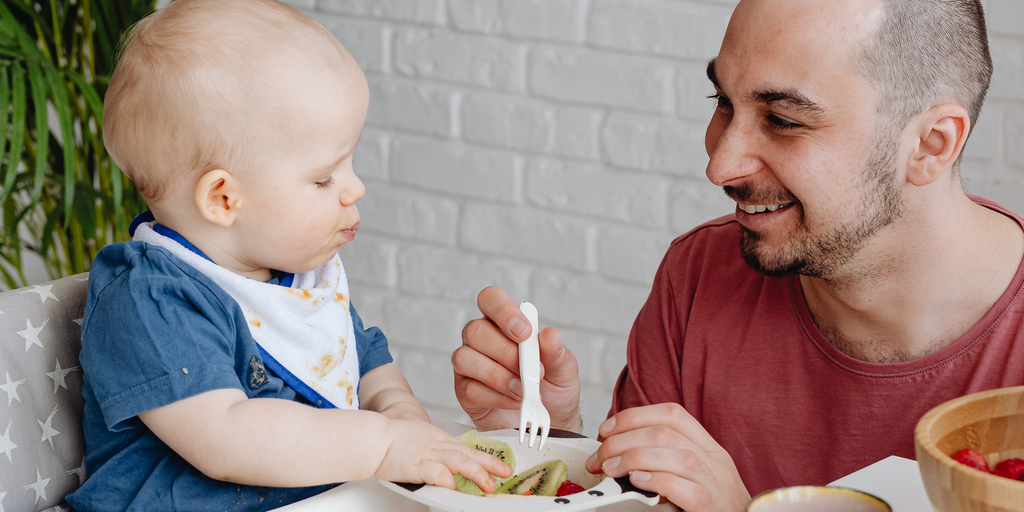
Easy Homemade Baby Food Ideas
Need any mealtime recipes for your baby? Here are some easy homemade recipes from some of our favourite resources.
Let The Adventure Begin!
This is an exciting time for you and your bubs. Starting solids is an exploratory experience for your bubs. They get to experience food using their senses like seeing, hearing, tasting, touching, and smelling. As a parent, you get to witness another magical moment where they experience something for the first time. Are you starting solids soon or have you started? Let us know if you have any other advice for other parents below.


